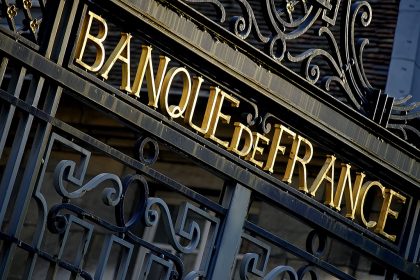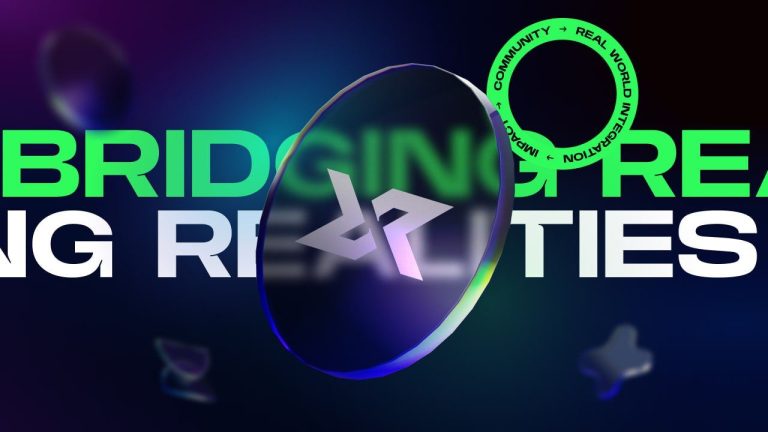With the Bank of France making its intentions to test out its digital currency in 2020, the selection of Tezos is one of the bank’s proactive measures in this regard.
The Tezos blockchain has been chosen by the French investment bank Societe Generale, one of the eight partners chosen by Banque De France for its Central Bank Digital Currency drive, as the favorite to help power the proposed digital Euro.
Per the press release from Nomadic Labs, a functional research and development center in the Tezos ecosystem, the Societe Generale-Forge chose Tezos to be part of the preliminary experiments towards the launch of the digital Euro drawing from the blockchain’s functionalities as well as the strong technical fundamentals of the Tezos blockchain.
President of Nomadic Labs, Michel Mauny noted that:
“The Tezos project, strengthened by its technical capabilities, its adaptability, and its strong community, is already present in various projects, both in France and abroad. We are especially pleased to see this technology selected by Societe Generale – Forge, and to reaffirm, once again, that the quality and expertise of our engineering is rewarded.”
As detailed in the press release, the digital Euro experiment which is expected to draw from the technological capabilities of the Tezos blockchain team will explore the feasibility of financial securities being digitally settled and delivered in Central Bank Digital Currency. Per the report from Blockchain.news, the official release from the Bank of France stated that:
“These experiments also illustrate Banque de France’s commitment to innovation, which was recently chosen to host, with the Deutsche Bundesbank and the European Central Bank, a new joint innovation center in Europe within the framework of the Innovation Hub of the Bank for International Settlements.”
Why the Tezos Blockchain Was Favored
The Tezos blockchain is renowned for deploying smart contracts capable of modifying its own set of rules with minimal disruption to the network through an on-chain governance model. Unlike Bitcoin, Tezos does not rely on mining (Proof of Work) but instead utilizes a (delegated) Proof-of-Stake based consensus model.
Tezos’ on-chain governance prevents unnecessary splits by allowing token holders to vote for the developer’s proposal after an initial testing period during which the Tezos community examines and comments on the suggested upgrade. Tezos also uses a unique proof-of-stake model based on “liquid democracy,” a fluid cross-over between direct and representative democracy.
A subtle reason why the Banque de France backed Societe Generale must have considered the Tezos network may also lie on the fact that the Nomadic Labs has a French base which will make future collaborations easy.
With the Bank of France making its intentions to test out its digital currency in 2020 in a bid to debut a well-acclaimed digital euro, the selection of Tezos remains one of the apex bank’s proactive measures in this regard.
Other European nations including Italy, Lithuania, the Netherlands amongst others are also in the race to pioneer the debut of a functional digital Euro. The activities of most of these European countries however have not yet advanced to the testing phase as seen in the DCEP project of the People’s Bank of China.
Benjamin Godfrey is a blockchain enthusiast and journalists who relish writing about the real life applications of blockchain technology and innovations to drive general acceptance and worldwide integration of the emerging technology. His desires to educate people about cryptocurrencies inspires his contributions to renowned blockchain based media and sites. Benjamin Godfrey is a lover of sports and agriculture.




